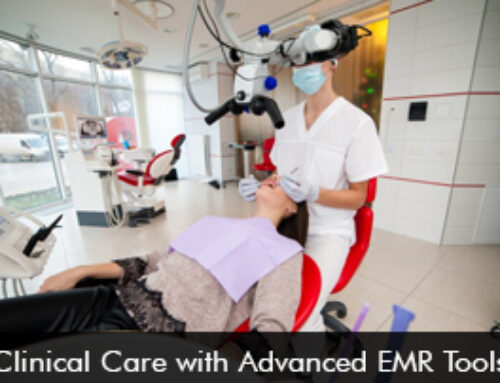Earlier this summer, it was reported that CMS has released a proposed rule for the Quality Payment Program set for 2018. It can affect many medical practices in the US and we recommend that clinicians prepare for the new rules beforehand. So, here are a few key points from the CMS proposal that may help you prepare for the new rules.
QPP set to grow
There are important changes in the latest proposed rule comparative to the 2018 plans put forth in the final rule concerning the 2017 performance year, yet most of the program remains the same. Essential program elements, like performance categories along with the arrangement of the program tracks, remain unchanged.
What should you do as a small practice? MIPS has a fixed and accelerating path, if you have everything in order, now would be a good time to get comfortable and see as the program ramps up the requirements over the next few years.
MIPS Cost Category
CMS proposed that in 2018, the cost will eventually account for 0% of the composite performance score. It will not impact the payments in 2020. Now, this is not the final rule, but it is expected to gain momentum based on the feedback received. Considering this information on can safely say that in 2018, the category weights would be staying just the same as they were in 2017.
What significance does it hold for small practice? It is a good move if you consider monitoring and understanding the process and your medical data right now. Small practices can also expect the inclusion of Cost in their Composite Performance Score in 2019.
More Flexibility for Small Practices
CMS has proposed to boost the planned onsets for low volume exclusions in 2018. What does this mean for small practices out there? As compared with 2017, more low volume Medicare Part B medical practices will be excluded in 2018. We recommend that if you are a low volume medical practice, you should check your Medicare Part B metrics and determine your status before the new rules are set in place.
Bonus Points Proposed
CMS has proposed that bonus points should be added to reward and offer flexibility to clinicians who face difficulty in scoring points in MIPS.
This clause will offer small practices a unique handicap which will allow them to score bonus point to compensate for either their small size, or complex patient population, or even the relative improvement in MIPS performance.
Virtual MIPS Groups
A proposal for the creation of Virtual Groups comprising groups of 10 or fewer clinicians or eligible clinicians in solo practices who elect to jointly participate in MIPS. This will allow small practices to offset their low scores with other large practices that have high scores and consequently improve their overall performance.







